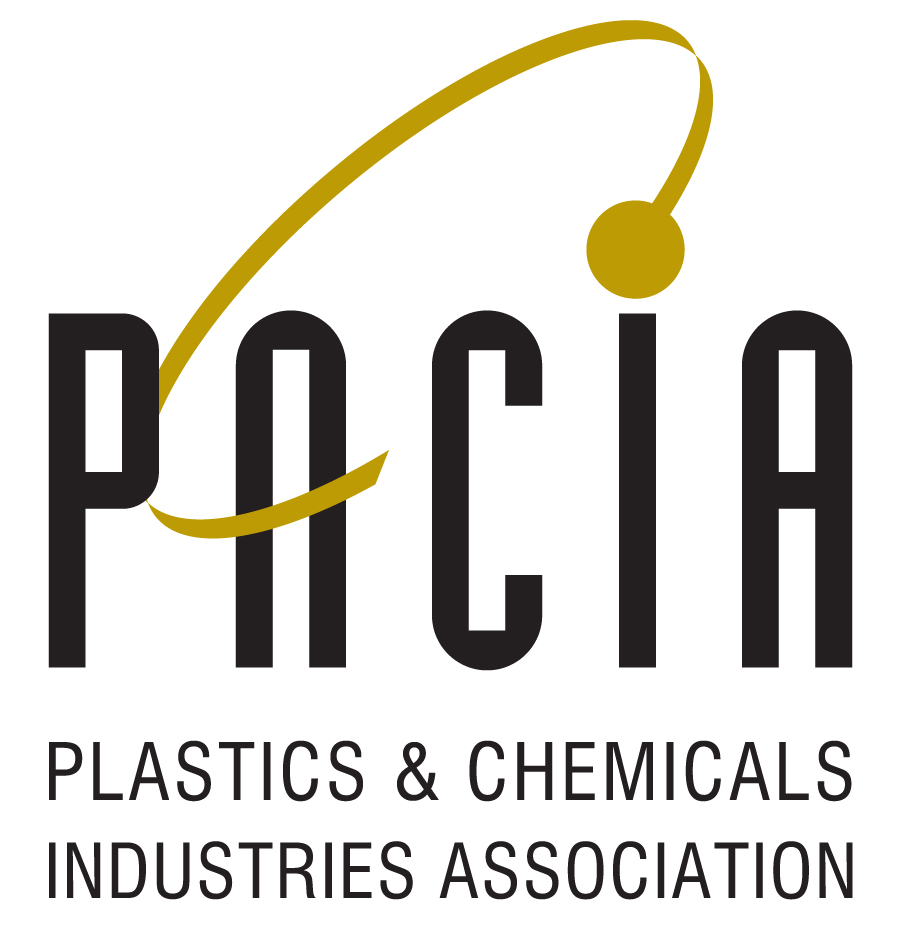Supporting bodies at Eastern Australia's Energy Markets Outlook 2013 Conference Sydney
The Energy Supply Association of Australia (esaa) seeks to positively influence government policy decisions to ensure that Australia enjoys the benefits of a safe, secure, reliable, sustainable and competitively priced electricity and natural gas supply. The esaa is the peak industry body representing the stationary energy sector in Australia – an industry with more than $120 billion in generation, transmission and distribution assets. esaa members include government owned corporations and private companies who retail, generate or supply electricity and natural gas to consumers in Australia. Our members are listed here.The Association is fuel and technology neutral and member businesses have investments across a wide range of fossil fuel and renewable generation technologies.
The Energy Retailers Association of Australia (ERAA) works with its members to promote and support the interests of the Australian electricity and natural gas industry. The ERAA represents the organisations who provide electricity and gas to almost 10 million Australian households and businesses. As the peak body for Australia’s retail energy industry, the ERAA lobbies governments to make sure there is a progressive policy platform to help retailers meet customers’ needs. Our member organisations are mostly privately owned, vary in size and operate in all areas within the national electricity market (NEM). Members want to provide Australians with value for money and reliable energy supply. In an environment of rising prices, we support energy market reform which promotes competition and ultimately give consumers more choice
The voice of the Business of Chemistry in Australia - PACIA the pre-eminent national body representing Australia’s $33.6bn chemistry industry, whose sectors directly employ 83,000 people and contribute approximately 10% of total Australian manufacturing. Our members comprise a broad range of companies positioned across the entire value chain and the tremendous breadth of the Association’s coverage is recognised as a competitive advantage. Companies include chemicals manufacturers, importers and distributors, logistics and supply chain partners, raw material suppliers, plastics fabricators and compounders, chemicals and plastics recyclers and service providers to the industry. These businesses range from small family-owned companies and innovative medium-sized enterprises, to leading national and multinational enterprises.




